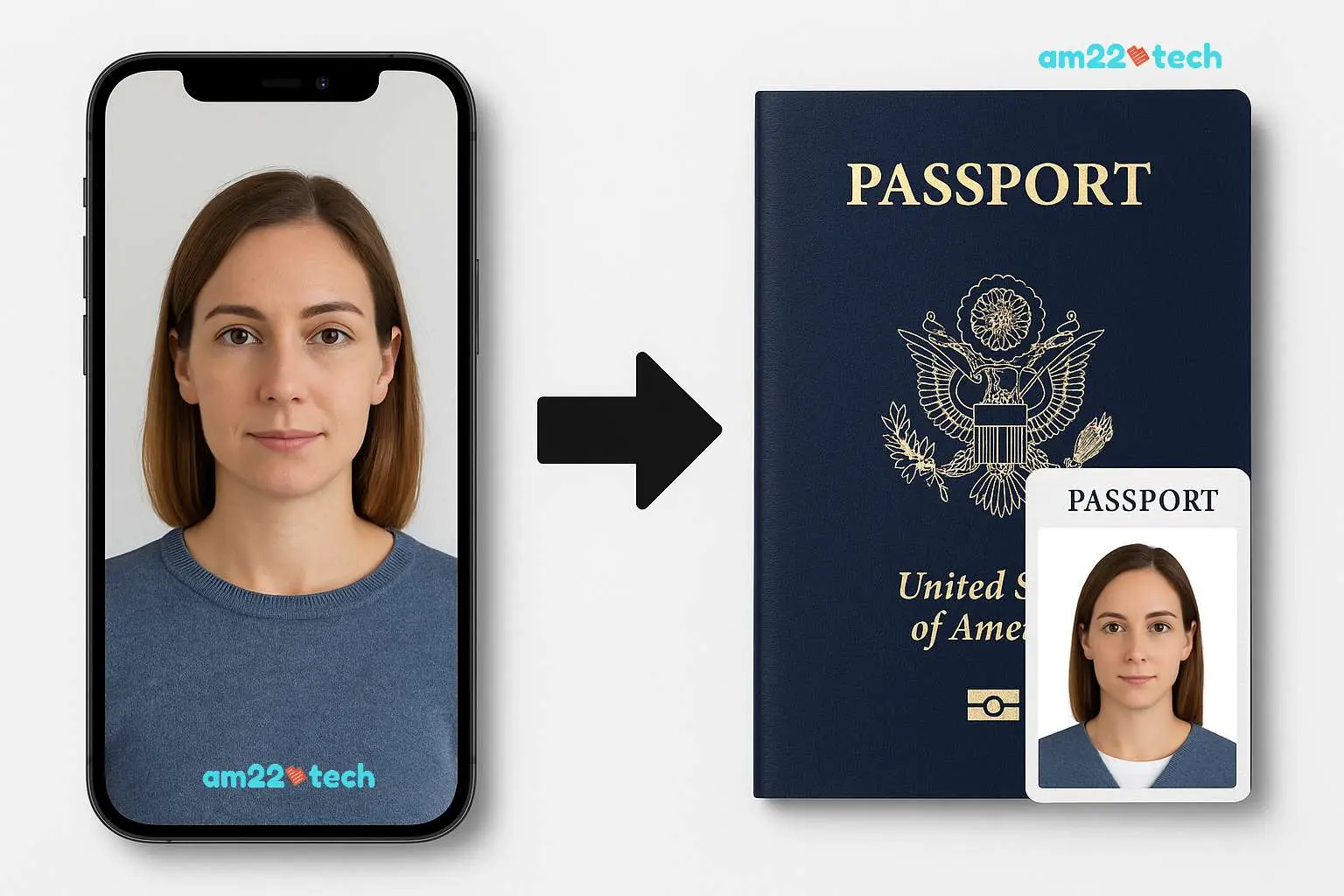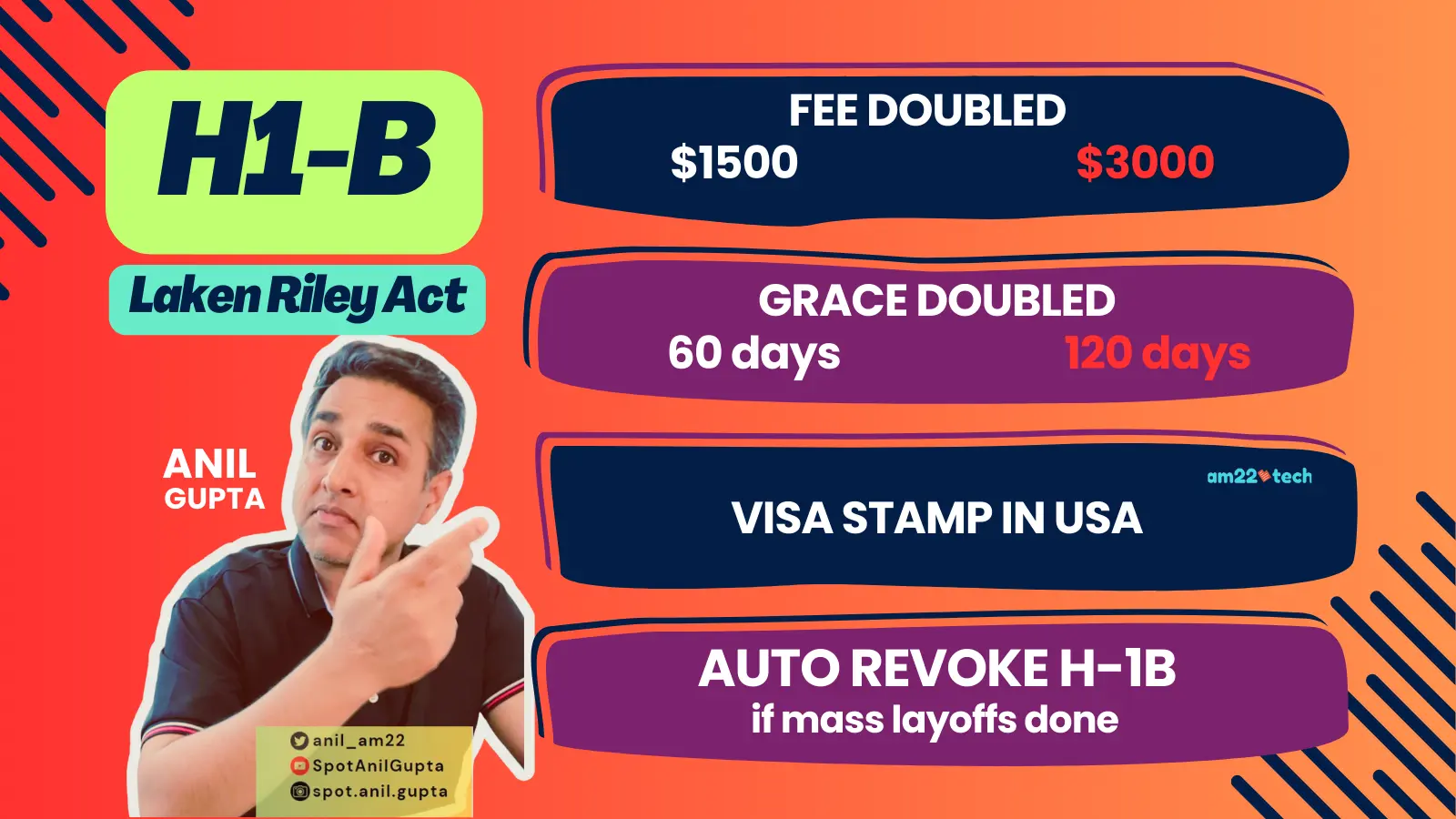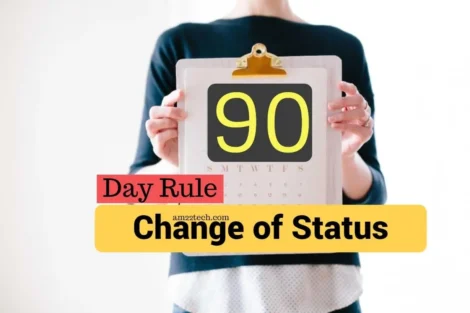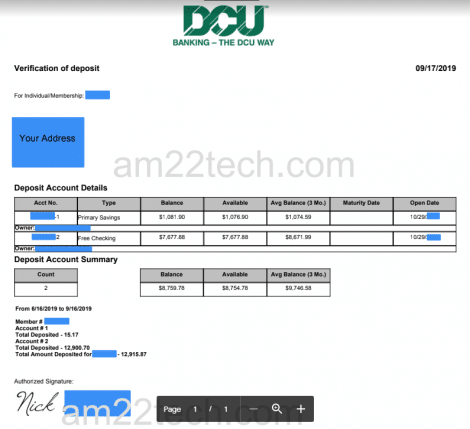Update 8 Feb 2025 – None of these H1B related amendments were included in the final law that Trump signed.
So, H1Bs do not have to worry.
The option to block issuing visas to a country is STILL there, if state wants!
So, yes, all visas (H1B, H4, F1 etc) can still be blocked for all INDIANS.
But, this would be a VERY-VERY BIG step, if they do. Not easy to implement.
As Trump is ready to take over the government, the Laken Riley Act is in the news for its strict H1B rules.
We are tracking the amendments being added to the act by various senators to make it better or stricter.
This article will discuss:
Chances of Passing?
The chances of passing this act are low in my opinion. There have been too many amendments requested by senators that it will be difficult to make everyone agree on them.
AI Passport & Visa Photos in Minutes!
No studio, no waiting. Get perfectly compliant photos from your phone.
✨ Get My Photo Now See how our AI transforms your phone photo into an embassy-ready passport picture!
See how our AI transforms your phone photo into an embassy-ready passport picture!Senators Bernie Sanders and Dick Durbin have added their own rules which try to give freedom from one hand and take it away from another.
H1B specific rules
1. H-1B Wages
What’s changing:
Employers will now be required to pay H-1B workers the higher of:
- The median local wage for the position.
- The actual wage paid to similarly employed workers.
This replaces the previous “prevailing wage” standard, which critics argue allowed employers to underpay H-1B workers compared to their American counterparts.
2. Increased H-1B Petition Fees
What’s changing:
The filing fee for an H-1B petition will increase from $1,500 to $3,000.
3. Auto Revoke H1B – if Mass Layoffs of Other Workers
What’s changing:
Employers hiring H-1B workers must certify they have not issued—and do not plan to issue—a mass layoff notice within 12 months of the hire.
If a mass layoff occurs after hiring H-1B workers, their petition will automatically be revoked after 120 days unless the employer certifies that layoffs will not reduce overall staffing.
Example
A financial services firm hires 10 H-1B data analysts but announces a mass layoff affecting 30% of its workforce six months later.
Under the amendment, the firm must either prove the layoffs won’t reduce staffing levels in the affected roles or see the H-1B visas expire after 120 days.
This will increase pressure on the H1B employee and will add uncertainty to the already complex immigration process.
4. 120-Day Grace Period for Job Loss
What’s changing:
H-1B workers who lose their jobs will now have a 120-day grace period to secure new employment.
This H1B grace period is currently 60 days which is too small given that H1B LCA filing itself takes 2 weeks.
Example
An H-1B worker in marketing loses their job in January.
Previously, they had only 60 days to find a new employer willing to sponsor their visa—a tight deadline that often led to workers leaving the U.S.
With the extended 120-day period, the worker has additional time to secure a new job and avoid the stress of immediate departure or visa expiration.
5. Visa Stamping Within the U.S.
What’s changing:
H-1B visa holders and others in specific categories (E, H, L, O, P) will now be able to apply for visa stamping in their passport without leaving the U.S.
This eliminates the need for international travel solely for visa renewal purposes.
FAQ
I will keep adding the FAQs and answers as I receive them on various channels. Keep watching this space.
I believe that this act will not pass given the number of amendments that have been added to it.
I think the chances of passing at this time are only 20%.
Source: Laken Riley Act Amendments




